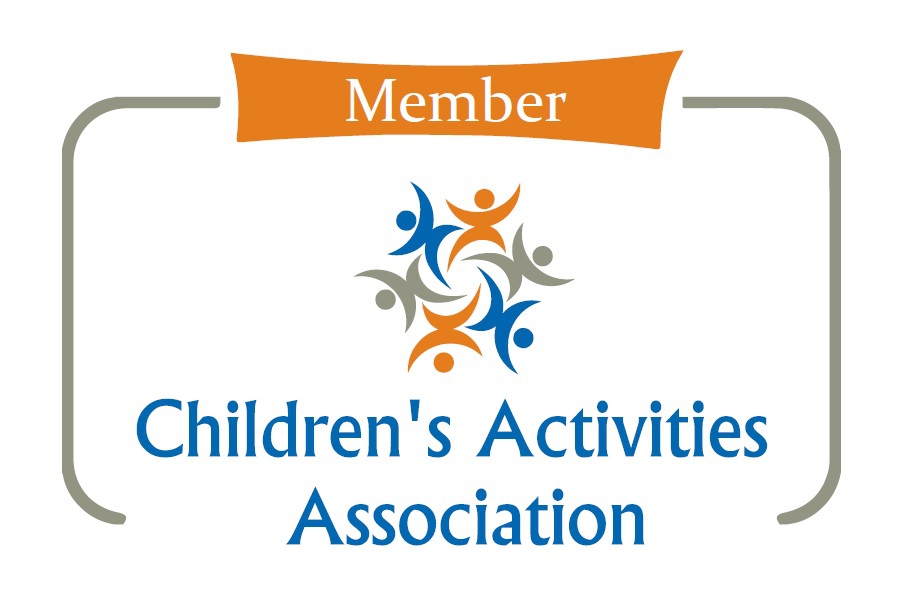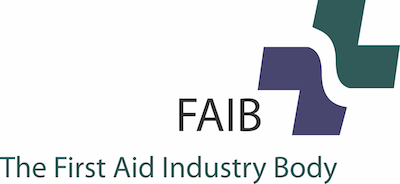Almost everyone has at least heard of autism or ADHD, and many of us will know colleagues, friends and family members with a form of neurodiversity. But there is a very common condition that affects two children in every classroom that few people have heard about: have you heard of DLD?
What is Developmental Language Disorder (DLD)?
Developmental Language Disorder (DLD) is a neurodevelopmental condition that affects children’s language abilities. These children have trouble expressing themselves and understanding others. For example, they may have:
- Word finding problems (the tip-of-the-tongue experience we all get from time to time)
- Trouble understanding long and complex instructions
- A smaller vocabulary than would be expected for a child or young person’s age
- A tendency to muddle up the order of words in a sentence
- Problems getting the elements of a story in the right order
Importantly, while some children with DLD struggle to make certain word sounds, many children with DLD have normal speech despite their language difficulties. Speech problems often stand out to adults, so these children are more likely to be referred for assessments and support. But language problems can be missed. In fact, we believe many children with DLD camouflage their problems (because they want to be liked, not appear stupid and to please others), for example by looking around and copying what others are doing. This makes their language problems even harder to spot.
Difficulties detecting DLD is likely one of the reasons so few people know about it, despite it being so common. Another reason is that DLD has gone by several names in the past - for example, Specific Language Impairment and Developmental Aphasia.
Common misunderstandings about DLD
“DLD only affects young children and will resolve with speech and language therapy”
Children with DLD will not “grow out” of their language problems. It’s true that some toddlers are late to talk, and many “late-talkers” catch up by school age. DLD however is a persistent, life long condition. Like autism, a person with DLD will not grow out of their communication differences. Speech and language therapy can be extremely helpful and important for helping children and young people develop self advocacy skills, but we do not have interventions that will completely remove DLD.
“DLD is caused by children growing up hearing multiple languages, or by parents not talking enough to their children”
Like autism, DLD has quite a big genetic component. Some things in the environment can add to the likelihood a child has DLD, but DLD is not caused by things in a child’s environment. Many parents of children with language needs can feel judged, so it’s unhelpful to approach families with the mindset that they “caused” their children’s difficulties. Similarly, being slow to develop English skills as a bilingual speaker is not the same as having DLD: if a bilingual child had DLD, then all the languages that the child spoke would be affected, not just their English skills. It is not recommended families stop speaking to children in their native language if DLD is suspected: this doesn’t make the DLD go away, and might actually cut children off from an important part of their culture and heritage.
“DLD is a form of autism”
DLD and autism are both neurodevelopmental conditions, but they are not the same. Some children with autism also have language difficulties (although many don’t), but these children would not get a diagnosis of DLD. Quite often autism is ruled out when making a diagnosis of DLD.
What should I do if I have concerns that my child has DLD?
In the first instance, if you are worried about your child’s language skills, the organisations Afasic and Speech Language UK have phone lines that parents can call for advice. They are a good sounding board for your concerns and are able to provide guidance regarding whether to seek a diagnosis and the process for doing so, and what schools can and should do to support your child (the nature of support will vary from child to child as children with DLD vary a great deal, but it may include support from a TA, extra time for examinations, etc). You should also raise concerns with your child’s school and GP: either should be able to refer you to a speech and language therapist for an assessment. However in some parts of the UK the demand for NHS speech and language therapy appointments is very high, and waiting times can be long. Because of this, some families choose to approach private speech and language therapists: you can find a register of accredited private speech and language therapists via the Association of Speech and Language Therapists in Independent Practice.
My child has DLD/strongly suspected DLD. What can I do to support them?
A speech and language therapist working with your child will recommend specific strategies to help them. However, some general ideas are:
- Keep information chunked into small parts. Long and complex instructions are hard for children and young people with DLD to follow. You could also explore visual strategies (like visual timetables) to help them know what to do next.
- Where possible, introduce children to key vocabulary ahead of a session so they have a better chance of understanding it. It is hard for children with DLD to just “pick up” key words in the same way as other children.
- Be patient, and encourage others to be patient too. Children with DLD need more time to process information, so try to allow for this. It can also feel frustrating for parents, teachers and peers when children don’t follow instructions, or ask repeatedly what they are supposed to be doing: it can seem like a child is deliberately not listening, or not paying attention. Children with DLD are not choosing to misunderstand you. Overtime, children with DLD may stop asking for help, or stop admitting not to understand something, because people have been cross with them in the past: try to model that it is okay not to have understood something.
- Help build them up. Especially for children who receive a later diagnosis of DLD, they may have come to the conclusion that they are stupid or slow, when really their language needs meant they couldn’t keep up with others in the same way. Children and young people with DLD have many incredible talents and much to give: allowing them to explore their interests and develop skills will help protect their self-esteem.
How can I help even if my child does not have DLD?
DLD Awareness Day happens every October. You can find out more about how to support it by following Raising Awareness of Developmental Language Disorder (RADLD for short!). Finally, whether you have a child with DLD or not, you can help us to understand more about DLD by exploring the research we’re doing at the EMERALD lab at the University of York!
This blog was written by Dr Hannah Hobson, Senior Lecturer at the Department of Psychology, University of York. We'd like to thank Dr Hannah for her invaluable support in shining a light on DLD this October.
Squash those choking fears!
Our Choking Bundle is fantastic value at just £16.99. The bundle contains:
- the Choke Tester - a nifty little gadget for assessing choking risks in your home - if it fits in the Choke Tester then it's a choking hazard and should be placed out of harm's way.
- Grape Cutter - grapes are one of the biggest choking hazards, and this tool quickly quarters them into safe portions. Also ideal for cherry tomatoes and strawberries.
- Choking Fridge Magnet - a "what to do guide" for if your child starts choking - place on your fridge for information at your finger tips.
- Sit, Chop, Chew - a great family read, encouraging safe eating habits for all!








